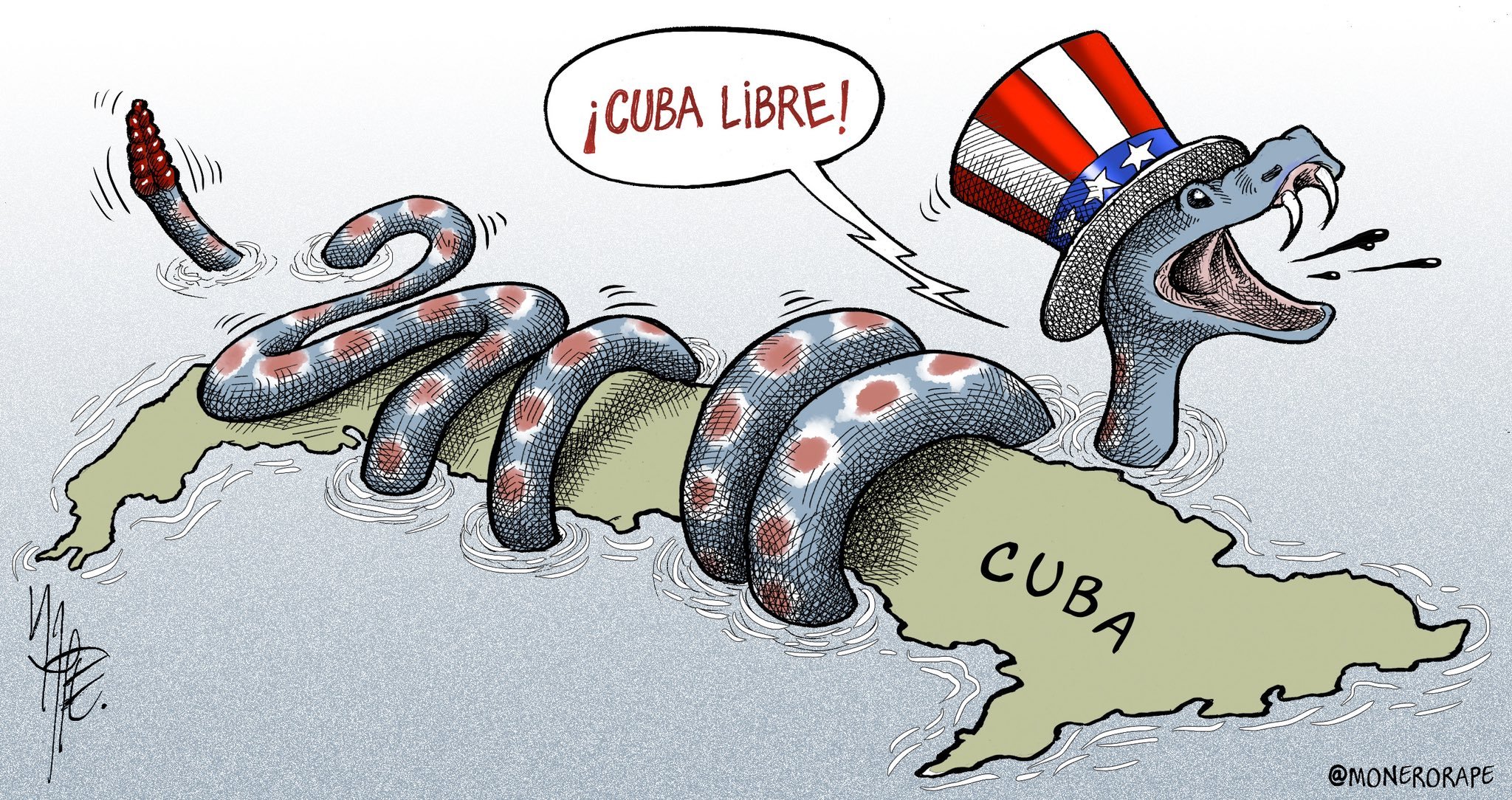I dislike economic liberalization since that lead to the downfall of the USSR so I am baffled as to how it didn’t happen to China.
China didn’t exactly went through a process of “liberalization” as it did happen after Gorbachev. What China did was to allow the international bourgeoisie to enter the country and invest and bring outsider capital, this produced cheap wage labour for the ruling class and rapid industrialization to China, and also in turn it brought moderate political stability and disincentivized the US empire from producing an all out invasion or something similar. Essentially what happened was Mao’s theory of contradiction about aligning with the many in order to combat the few most powerful enemy, but at a global scenario where many actors were involved, instead of something local or at a “small scale” such as the CPC joining arms with the KMT to defeat the imperial Japan. The means of production never ceased being in the hand of the proletariat, as wasn’t the case after the fall of the USSR. Did China’s proletariat suffer during this process? For sure, since allowing any kind of oppressing class to operate within one’s country means you have to reach diplomatic agreements within both parts, but at the same time there wasn’t many other options in an international world order where the biggest opposing force to capitalism was defeated and the US empire was going through a process of relative stability and was carrying out multiple effective operations throughout the world.
In the end the Chinese strategy bought them time to industrialize at a much bigger scale, de industrialize the West by offering cheap labour that the bourgeoisie couldn’t refuse, create a dependent relationship with these first world nations as providers of goods, rise as a global power, and allowing them to be an important actor within international realpolitik and diplomacy. On the other hand, in Russia’s case, the only thing that happened was that the bourgeoisie managed to come back to power again.
Tldr China played the long game
Spot on. Simply put, liberalisation is letting capitalists carve up state owned industries(privatization), and take over the political system, usually by introducing multi-party bourgeios democracy. The PRC didn’t do these, while the USSR under gorbechev did.
Two of those are part of the five donts, a set of guidelines adopted by the CPC.
I think this did happened with some industries, for example healthcare as far as I know got some reforms around the 2000-2010s, but anyway you can see they kept big parts of the national industries state owned and they gradually absorbed others, and everything was done with a clear long term goal.
A YouTube link was detected in your comment. Here are links to the same video on Invidious, which is a YouTube frontend that protects your privacy:
Excellently put. I was going to say that through it all, China was still committed to socialism, and was using capitalism against itself. Where as Gorbashit was blind or corrupt or naive enough to dismantle socialism.
I posted this article before but in case you haven’t read it yet, i recommend you do so: https://socialistchina.org/2021/06/24/will-china-suffer-the-same-fate-as-the-soviet-union/
It basically lays out the fundamental differences between what happened in the USSR under Gorbachev vs China under Deng. I’ll add some of my own thoughts:
Apart from the errors in the way the economic reforms were carried out, the CPSU also essentially committed suicide by forsaking its leadership role, opening the door to anti-communists allowing them to organize politically and spread their propaganda unopposed across the entire media in the naive belief that if only there was “free speech” and “free and fair elections” that would magically solve all the problems they were having. The Soviet state’s actions during Perestroika and Glasnost can only be described as suicidal.
Whether this insanity that gripped the Soviet leadership was due to the economic problems having undermined their confidence in socialism while envying what looked like the benefits of the neoliberal reforms of the West in the 80s, or due to an extraordinary success of Western propaganda in convincing the Soviets to genuinely believe all that liberal bullshit the West was peddling about “freedom and democracy”, or perhaps even due to infiltration by not just revisionist but actual counter-revolutionary elements that sought to do everything possible to restore capitalism is a matter of debate.
But what is clear is that they did just about everything wrong that could be done wrong. And due to the general demoralization of the population following the economic chaos caused by Gorbachev’s hamfisted reforms (which were more motivated by liberal economic ideology than by pragmatic result-oriented decisions like China’s) as well as the ideological confusion of so many decades of revisionism, the masses were not able to mobilize to stop this disaster.
By contrast the CPC always stuck firm to the socialist road and made it a central pillar of their reform policy that no matter what reforms took place, the leadership role of the party and the state’s control over the commanding heights of the economy would not be undermined. They also did not do to Mao what Khrushchev did to Stalin, as such slander of a hero of the people would have severely demoralized the masses.
However, one has to be fair and remark that in addition to all of these internal factors there was also one crucial external factor: the cold war.
The USSR was enemy number one of the imperialists who were laser focused on destroying the USSR and to this end they also sought to exploit and worsen the splits in the socialist camp. China was more or less spared the same unrelenting assault and was even courted to an extent by the US which placed it in a position where it could more easily integrate into the world economy with Reform and Opening Up.
Would China’s reforms have been as successful if the US was as hostile toward China at the time as it is now? Probably not.
Which goes to show that the geopolitical situation determines to a large extent the course of action that a socialist state must pursue if it wants to survive. If there had been no Sino-Soviet split and if the US was still trying to isolate China as much as it was the USSR, then China’s reforms would have looked very different as they would not be able to invite western capital in. And the USSR’s reforms would not have been so ill-conceived and desperate since it would not have been so isolated.
We also have to remember that the USSR’s problems did not start with Gorbachev. This is another good article on the subject: http://fightbacknews.org/2022/12/21/red-theory-restoration-capitalism-ussr





